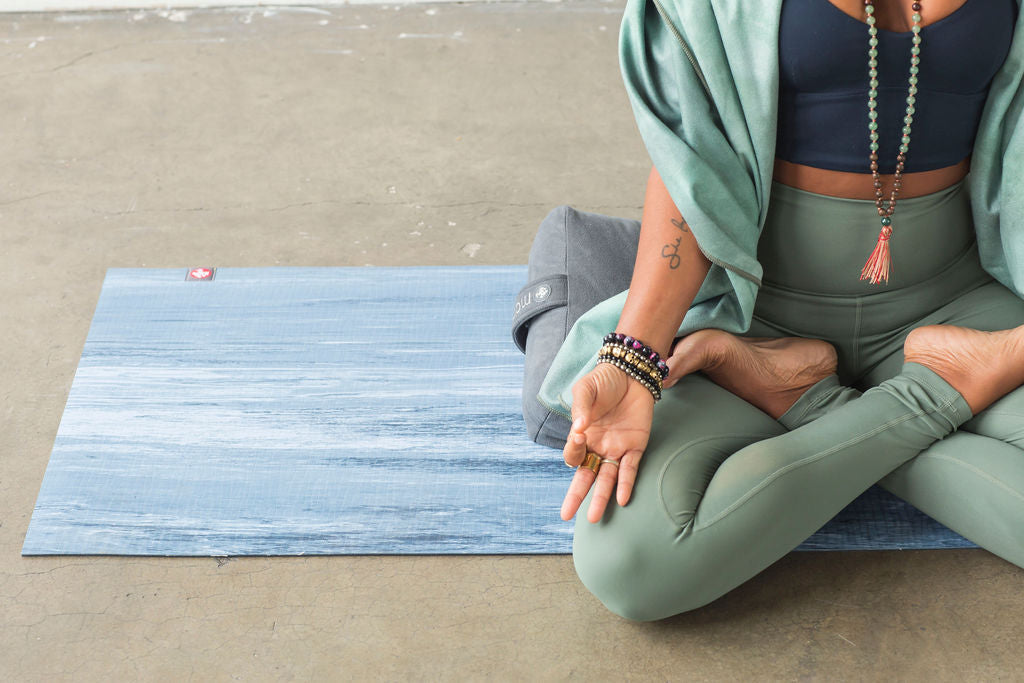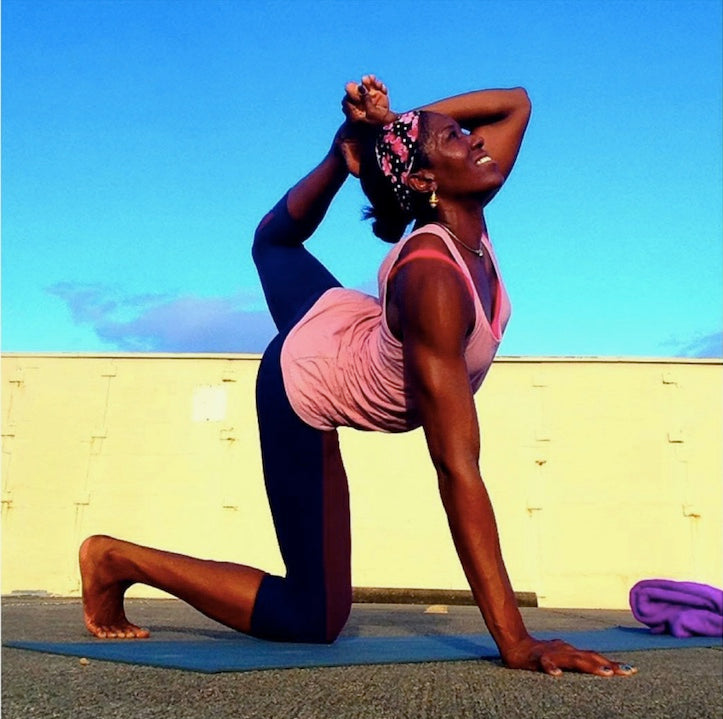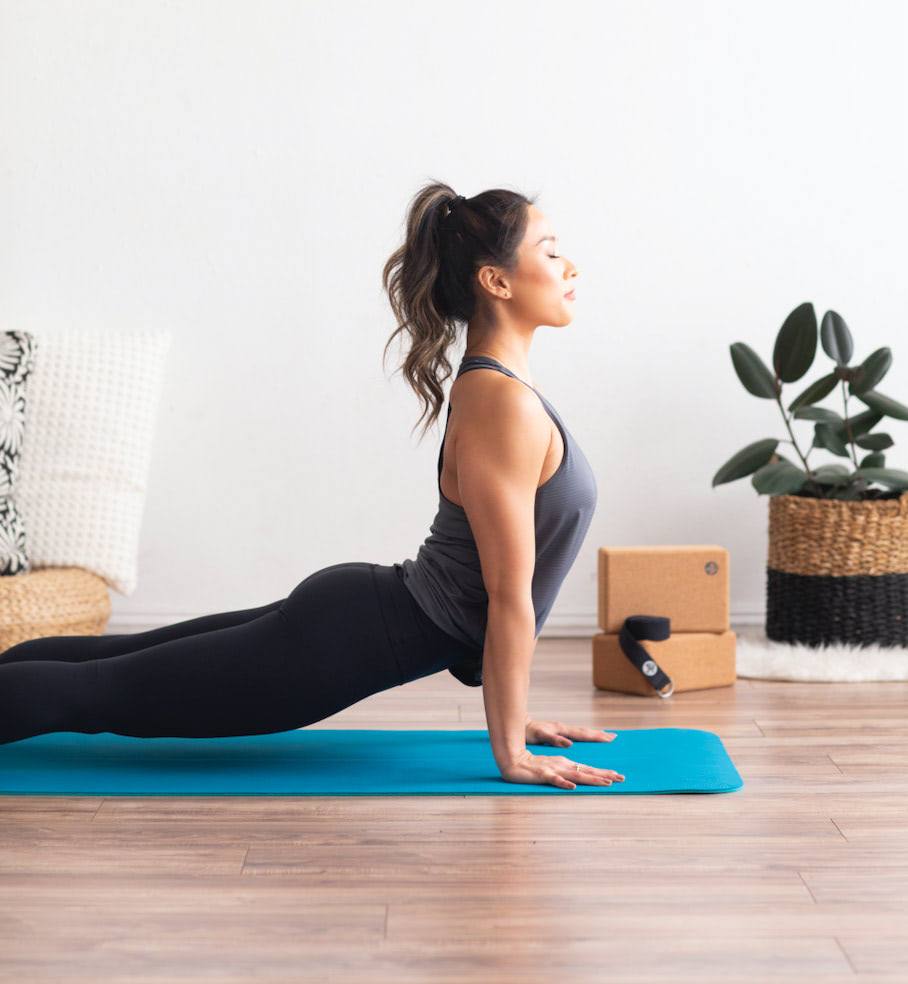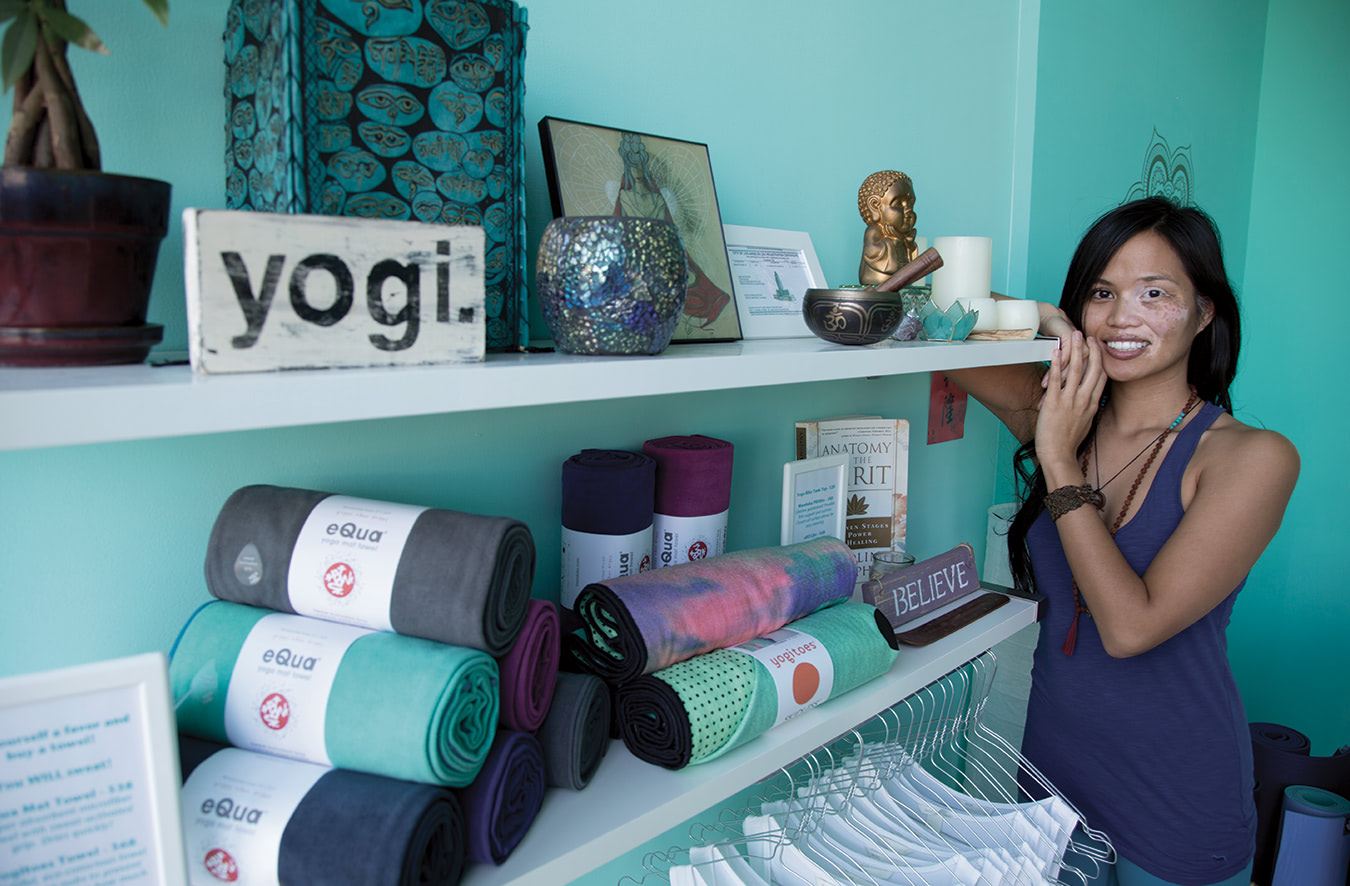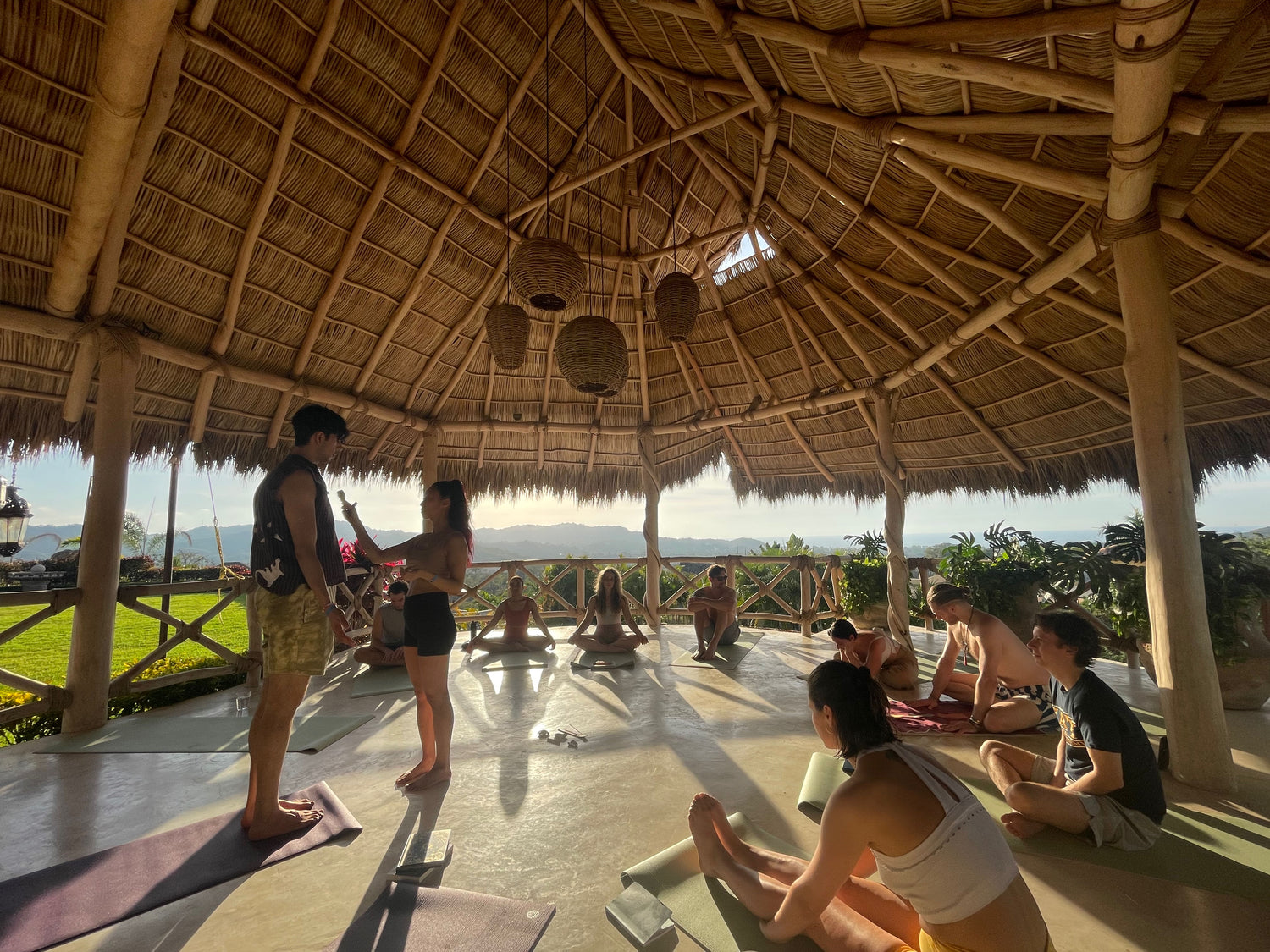Approximately 1 in 5 in the European region suffer from a mental health condition. Couple this with recent research suggesting that 300 million people practise yoga worldwide, and it is reasonable to assume that someone in your yoga class has experienced, is experiencing or will experience an episode of poor mental health. Given our current circumstances, this likelihood is significantly higher, as mental health charities have reported an increase in cases of anxiety.
Yet for all this, yoga teachers are not therapists, nor should they be dealt with the responsibility of counselling their students. Mental health is a delicate matter that requires a unique sensitivity and education, knowledge not obtained in a foundation teacher training.
What yoga teachers can do is take steps to ensure their students feel safe and supported in class. Below are some suggestions on how to do so.
“How are you, really?”
Ask your students how they are. It is a simple question, and yet one that is charged with meaning. These four words create an opportunity for your student to open up, to put into words thoughts or feelings that may have felt incommunicable. Contrary to what you may expect, you do not need to provide life-changing advice, the mere act of taking an interest and listening to your students is enough to show your support.
In a yoga class, we often ask students to check in with themselves or pay attention to our thoughts and feelings. For some, this introspection can stimulate an emotional response. While guiding a class through the physical practice, it is important we are sensitive to the emotional reactions. Checking in with your students at the end of a class allows them the space to verbalise their experience, and in doing so, perhaps identify something that needs exploring/greater attention.
Pay Attention
Unlike the stark cast signalling a broken arm, mental health conditions are not so evidently visible. Because of this, it is all the harder to approach/address. In absence of crutches, a shoulder sling or bandage, it is all the more important to pick up on subtle signs: missing a regular yoga class, entering the class late, seeming distracted or leaving a class immediately.
It is well established that physical activity is good for mental health, as is keeping up a regular routine. Of course, you cannot force your students to attend weekly yoga classes, however beneficial it may be to their wellbeing. However, you can make doing so more accessible. Monthly packages encourage a sense of accountability and commitment to showing up each week, even if that is so not to lose out financially!
Create a community
In lockdown we have a heightened awareness for the importance of connection, but community and social support has always been crucial to our sense of wellbeing. As yoga teachers we have the opportunity to connect like-minded individuals, whether that be through weekly “challenges” to build group spirit and solidarity, or separate means of communication through Facebook or Whatsapp groups. Being part of a group can combat feelings of isolation that so often arise in those struggling with their mental health. While we are not able to physically attend classes, virtual groups serve to foster this element of belonging and community.
Direct them to resources
As mentioned above, yoga teachers are not counsellors. It is a distinction that is often blurred by those working in the industry, their career choice motivated by a desire to help others. Yet, while it may be tempting to share personal experiences and guidance, such advice can be misconstrued or even damaging by those in a vulnerable position.It is, therefore, more prudent and helpful to guide your students toward professional support.
- MHE, Mental Health Europe created a map of helplines and services to support mental health during COVID-19 crisis.
Understandably, it is not easy to drop the above into a casual conversation. If possible, it is worth posting these helplines on the studio’s notice board or desk so that anyone interested can access help discreetly. Alternatively, you may want to add these as resources to your website or social media page as a signal of the help available.
Contributed by Melissa Albarran from Yoga Alliance Professionals

